Fair Mobility, is a collaborative EU project aiming to transform mobility and accessibility frameworks in a sustainable and inclusive way, focusing on women and gender minorities.
Project Status:
Project Location(s):
Project Dates:
Project Contact:
Fair Mobility, is a collaborative EU project aiming to transform mobility and accessibility frameworks in a sustainable and inclusive way, focusing on women and gender minorities. Fair Mobility will develop and test inclusive mobility tools to improve accessibility, equity of mobility and sense of safety in Creil, France, and Ebensee, Austria
The project will combine mobility access in poorly endowed areas and the empowerment issues of women and gender-discriminated people, by questioning the implementation of technical and technocratic soft modes thought by and for men. We want to provide an example of how local processes for inclusive cities could be achieved in the short term, by implementing co-creation processes to improve sustainable mobility options and the accessibility of public living areas. One of the outcomes will be enabling women and gender minorities to lead mobility pattern changes through participatory design. The project results will be disseminated to stakeholders and thematic events will be organised to raise awareness of the issue.
The evolution of household and parental models, labour market developments, technological advancements, new work forms, increased female workforce participation, and population aging are diversifying mobility patterns. This necessitates transport policies that address sustainability while taking into consideration an inclusive approach.
Studies reveal that gender differences in travel patterns are largely due to labour market and family role divisions, impacting women’s employment conditions, income levels, and mobility needs. Women typically travel shorter distances, use public transportation more, engage in non-work travel outside rush hours, make more multi-stop trips, run household errands, and escort others (usually children or elderly dependents). Women also tend to be safer drivers than men. Although some differences may diminish as gender roles evolve, others may persist.
Sustainable mobility policies often neglect gender-related concerns. Public transport services frequently fail to meet the needs of women, gender minorities, refugees, disabled people, the elderly, and children, limiting their access to education, leisure, work, socialization, and professional consultations, thereby restricting their freedom and empowerment. Additionally, challenges related to the comfort, safety, and design of public spaces hinder walking and cycling, affecting men, women, and gender minorities differently. The lack of gender-differentiated statistics hampers understanding gender differences in travel purposes, frequencies, distances, and mobility-related issues in accessing services and employment. These mobility challenges are tied to the European Union’s goals of gender equality and climate change mitigation, making them essential to address in the implementation of 15-minute cities and 30-minute regions.
Genders and minorities impacted by planning
Challenges associated with comfort, safety, and the layout of public spaces impede the development of walking and cycling, and this affects men, women and gender minorities differently. These mobility challenges are connected to two core goals of the European Union, namely gender equality and climate change mitigation, thus turning into core issues to be tackled during the implementation of 15 minute-cities and 30 minute-regions.
Gender equality is recognized as a fundamental right by the European Commission, which developed a dual approach towards equality: integrating systematically gender perspective into the design, implementation, evaluation of public policies (gender mainstreaming) and eliminate, prevent or remedy gender inequalities. Introducing gender perspective into mobility policies still remains a challenge nowadays, as underlined by the remaining inequalities in mobility access and experiences between men and women. According to the last Eurobarometer surveys (2020), women are less likely to own a car (49% of women, as opposed to 59% of men) and more likely to use public transport (31% of women, as opposed to 24% of men). Safety problems also disproportionately affect women’s mobility, whether it be the risk of experiencing harassment or to be the victim of an accident….
The impact of safety issues
Safety problems also disproportionately affect women’s mobility, whether it be the risk of experiencing harassment or to be the victim of an accident. Women also more often assume “mobility of care”, that is the travel associated with those caring and home related tasks needed for the reproduction of life. The Covid-19 crisis highlighted inequalities in mobility practices, showing that women, racialized groups and groups occupying low-paid jobs were overrepresented among the most exposed to the virus and the most impacted by the lockdown.
sustainable, affordable fair mobility creation
The European Green Deal includes a target to reduce transport-related greenhouse gas emissions by 90% by 2050 which cannot be achieved without ambitious and proactive measures to promote “sustainable, affordable and fair mobility”. This challenge is key in suburban and rural areas, where the problems of equitable access to mobility, amenities and car dependence are major and still little taken into account. At the same time, according to the CO2 reduction plans, such regions need to cut mobility emissions often by half, which requires significant challenge and change for people in regions, where half of the emissions are caused by mobility. On the basis of these findings, the main objective of Fair Mobility is to provide guidelines to integrate gender perspectives into mobility offers and policies, especially for the suburban and rural municipalities, and to co construct and experiment tools which remedy gender inequalities, prevent and combat discrimination due to gender in daily mobility practices. Based on the preceding remarks, the project establishes women and gender minorities as the main target group. Urban and regional planning plays a key role in determining the inclusiveness of urban areas, as it provides key policy instruments and design solutions, which can solve or at least soften these issues. Yet the basis for urban planning are standardised spatial needs. The measurements, based on homogeneous society, aim to be good enough for most people but are failing to meet the real needs of all of the users, especially disadvantaged, marginalised and/or discriminated groups.
Every project we take on brings together a range of interconnected layers—environmental, legal, financial, social, technical, governance, and managerial. We approach our work holistically, making space for participation, shared understanding, and collaboration across all these dimensions. It’s how we ensure that our partnerships are grounded, inclusive, and responsive to real-world complexity.
For any project aiming to create lasting, sustainable change—especially within the context of transition and transformation—these layers can’t be treated separately. They interact, overlap, and shape one another. Identifying key markers and themes across these categories helps guide the process, ensuring that the outcomes are both robust and adaptable.
Engagement plays a central role in this. Meaningful participation allows all stakeholders to contribute to a shared vision, while transparency builds trust throughout the journey. Different levels of involvement—from broad outreach to hands-on co-creation—ensure that communities are informed, empowered, and actively shaping the process. Inclusivity isn’t just a goal; it’s a foundation. When diverse voices are heard and respected from the beginning, the result is a more democratic, resilient, and impactful project.
Here are some of the core aspects we explore and connect through our work, listed below:
The Fair Mobility consortium represents a diverse range of geographies, cultures, and backgrounds.Wonderland is the communications work package leader, responsible for the campaigning and creating communication products to raise awareness on issues related to the project. Wonderland will provide communication and exchange between European practitioners, and make use of their broad network for replicability, scalability, feedback culture and stakeholder engagement.
Our focus is on co-creation with multi-actor involvement and a trans-disciplinary collaborative strategy. The aim of the project is to engage a variety of stakeholders, including local residents, policymakers, transport operators, and businesses. We also integrate natural sciences (including engineering), arts, humanities, economic and social sciences into our work, recognizing the need for a holistic approach to address mobility challenges. In addition, the Fair Mobility project is aware of the importance of industrial, commercial, and societal involvement to ensure the exploitation of project results. As such, our consortium has formed alliances with SMEs (= small medium enterprises) and other pertinent organizations towards achieving such a goal to develop solutions are expandable, replicable, and long-lasting.
Research and advocacy are at the heart of everything we do. Each of our projects is a journey into understanding— both technically as well as socially—and we’re always looking for creative ways to share what we learn. From films and interviews to visuals, manifestos, publications, and hands-on manuals, our outputs take many forms, depending on the people involved and the story being told.
Our project libraries reflect this diversity, and we’ll keep adding to them as our work evolves. But it’s not just about knowledge—it’s also about action. We use what we learn to advocate for change, support bottom-up initiatives, and create space for citizen participation. Because a fairer, more sustainable future needs everyone at the table.
Every project teaches us something new—and we make sure to reflect on those lessons and turn them into something useful. Whether it’s a paper, a hands-on manual, or a more experimental publication, we use these formats to raise awareness, advocate for change, and share what we’ve learned along the way. Writing is part of our method, but so is making that knowledge accessible. Below, you’ll find some of the materials connected to this project. Feel free to download and use them however you like—everything we create is copyright-free, because we believe knowledge should be open to all.
Fair Mobility – State of the Art is a critical review of international literature exploring the intersection of gender, mobility, and social justice. It synthesizes key academic findings on mobility inequalities, particularly those affecting women and marginalized groups, and situates them within feminist and critical urban studies frameworks. The report identifies persistent gaps in gender-sensitive mobility policies and highlights emerging approaches to address these inequalities, especially in peri-urban and rural areas. Structured around five thematic areas, it lays the groundwork for further research and action toward more equitable and inclusive transportation systems.
The growing focus on transport and mobility justice highlights the increasing public and political concerns about inequality and the right to mobility. Scholars have expanded the discussion beyond individual and urban mobility issues to broader, national, and international scales, prompting various approaches to justice in transport. “Transport equity” emphasizes integrating ethical principles into transport policy and infrastructure evaluation, critiquing the utilitarian approach that disregards the distribution of benefits. “Transport justice” broadens the scope by incorporating power dynamics and social justice issues, drawing on feminist, critical race, and environmental justice theories to address recognition, participation, and procedural justice. “Mobility justice” explores how political power and socio-technical systems shape mobility, emphasizing the need for an intersectional approach that connects urbanization, migration, and climate change. This research calls for a sustainable mobility system that balances equity and social justice, particularly in addressing the mobility challenges faced by women and marginalized groups.
The term “Cab Mom” is taken from the Fair Mobility State of the Art document, which provides a detailed insight into the current state of mobility as related to gender inequalities, and justice.
Produced by Wonderland, these short films aim to raise awareness on mobility and public space as it pertains to women and gender minorities.
From the State of the Art document regarding the term:
“The car appears to be a mode of travel suited to the complex chains of travel and the numerous stops made by women – especially mothers – in their daily mobility (Miralles-Guasch et al., 2016). This is particularly the case for single mothers, who take advantage of the flexibility of the car to respond to the spatial and temporal complexity of their activity schedules (Cerda, 2023), even among women on low incomes (Blumenberg, 2004; Rosenbloom & Burns, 1994). Insofar as public transport offers are not wheelchair-friendly, the car becomes essential for the mobility of mothers whose children have a disability (Landby, 2019). The spread of driving among women has thus been accompanied by an increase in the number of journeys and distances required for domestic work (taking children to school, leisure activities, shopping, etc.). In this way, the automobile no longer represents a symbol of women’s emancipation, but rather the extension of domestic work to a space larger than the home (Demoli, 2014). The figures of the “cab mom” and chauffeuring highlight the constraints placed on driving mothers (Schwanen, 2007).”
The term “the experience of movement” is taken from the Fair Mobility State of the Art document, which provides a detailed insight into the current state of mobility as related to gender inequalities, and justice.
Produced by Wonderland, these short films aim to raise awareness on mobility and public space as it pertains to women and gender minorities.
From the State of the Art document regarding the term:
“Because women make greater use of more frugal modes of transport, emitting fewer greenhouse gases and pollutants, there are of interest to research into sustainable mobility (Hanson, 2010; Shaw, 2020; Kwagan-Kagan, 2020; Peters, 2013; Root et al., 2000). According to Miralles-Guash and her colleagues (2016) in Spain, “in both urban and rural areas, women made greater use of more sustainable [walking and public] transport than men” (p. 9). However, in the same way that poor people’s sobriety stems from their lack of resources, women’s sobriety is partly due to the persistence of gender norms. For women, the trend towards less polluting modes of transport is also explained by a lack of access to faster, more expensive modes, such as the private car, for economic reasons and social norms. The absence of a critical distance from the weight of power relations therefore may result in an essentialization of ‘feminine’ practices: “there are some causes for hope for women being able to lead moves towards more sustainable transport” (Root & al., 2000, p.381).
Furthermore, when walking or cycling in the public space, or travelling by public transport, bodies are particularly visible. Those who deviate from the dominant cisgender, white, male and able-bodied norm are exposed to more violence. The experience of movement must therefore be understood in terms of power relations between people, according to gender, age, class or ethnicity. It is therefore important to look at mobility as a lived experience, which differs not only between social groups but also between residential contexts.”
Fear and Public Space is a concept from the Fair Mobility State of the Art document, which provides a detailed insight into the current state of mobility as related to gender inequalities, and justice.
From the State of the Art document regarding the term:
“Women’s personal fears limited their use of public space in the city and is rooted in the socio-sexual construction of space and the feeling of illegitimacy that women experience in public space: it is by transgressing spatial or temporal boundaries (travelling at night) that they expose themselves to the risk of violence (Pain, 1997). Women are therefore forced to conform to what is expected of them in the public space, on pain of being exposed to harassment or violence.”
In this exploratory film, we follow the youth of Ebensee as they guide us through their town — showing us the places they love, and those they’d rather avoid. Seeing Ebensee through their eyes reveals a fresh perspective on rural life and mobility: how young people experience public spaces, move around, and connect with their community. Their stories highlight both the charm and the challenges of growing up in a place where daily mobility often depends on distance, access, and opportunity. The film is part of our ongoing effort to understand how including unique perspectives can help shape fairer, accessible and more sustainable mobility.
Wait for the end, for a nice surprise.
The introductory video to the fair mobility project, serves as an initial intro. film on the project. It was produced at the beginning of the project.
We’ve put together a unique audiovisual campaign to shine a light on the everyday mobility challenges faced by women and gender minorities. These issues are especially pressing in small towns and rural-urban areas, where getting around isn’t always easy or fair. Through this project, we explore existing inequalities and work closely with local communities to co-create more inclusive and sustainable transport solutions. The work is part of the Driving Urban Transitions (DUT) Partnership, involving eight partners across four countries.
Check out the films below—each one brings a key term from our State of the Art report to life, showing what it means and how it plays out in daily experiences.The posters are also representative of the terms used in the films.
Every project we take on is an opportunity to expand our circle—bringing in new collaborators, exchanging ideas, and learning from the experiences and expertise of others. These partnerships are essential to our work and help us keep growing, questioning, and creating with fresh perspectives. We value collaboration not just for the outcome, but for the process: sharing knowledge, building trust, and working together toward common goals. Below, you can meet the people and organizations we’ve partnered with on this project. Feel free to explore their work—we’re proud to be in such great company.
TZE bundles the expertise of Landshut University of Applied Sciences in energy research.
Located in Ruhstorf an der Rott, TZE develops technical solutions for the future of energy, with a research focus on energy storage, smart energy grids, energy efficiency, energy systems and open, electric mobility infrastructure.TZE is responsible for project coordination. TZE will conduct learning discussions with the project representatives. TZE’s researchers will provide their expertise in the field of sustainable mobility to enrich the project with an additional aspect except for gender in mobility. TZE will communicate and disseminate the project outputs among the local municipalities and ensure engagement, making use of their broad network.
URBASOFIA is a renowned town and regional planning company that has been providing European-wide expertise for urban development, policy design, and territorial cohesion since its establishment in 2011. Urbasofia will coordinate the process of community-involvement and testing of solutions. Having a background in governance and urban planning, Urbasofia is responsible for strategic dissemination of the project outputs to a wider audience, development of the Fair Mobility Guidelines and Toolkit, and monitoring the co-designed solutions.
Université Gustave Eiffel is host of the major teaching and research centre on urban issues in France. Universite Gustave Eiffel will be represented through the City Mobility Transport Lab (LVMT) which brings together researchers in engineering and social sciences interested in the interactions between transport, mobility and urban planning. In this project, UGE will provide its expertise in the themes of mobility, accessibility and public policy analysis in relation to gender and equity issues.
Frauenforum Salzkammergut (FFS) is an independent grassroots NPO established in 1994. which acts in the fields of social sciences, gender studies, migration, counselling service for girls* and women*, local community building, gender equality in rural spaces, herstory, innovative sex education. FFS will provide expertise on gender aspects based on their vast experience in the fields of gender studies, social sciences and counselling for women and girls. It is strongly interlinked with the European Capital of Culture Bad Ischl – Salzkammergut 2024 foundation, that will be involved in the project as main stakeholder.
Genre&Ville (GV) is a think and do tank focusing on gender and urban planning. The organization is recognized in France and internationally for their holistic approach, as an ongoing platform for research combined with fieldwork.Genre et Ville will provide vast experience and expertise in stakeholder involvement, workshop management, field and academic research to create gender sensitive suggestions and concepts.
Wonderland is an NGO that was founded in Vienna in 2004 to facilitate communication and exchange between European practitioners and decision makers involved in the creation, distribution or improvement of space. Wonderland is the communications work package leader, responsible for the campaigning and creating communication products to raise awareness on issues related to the project.
Wonderland will provide communication and exchange between European practitioners, and make use of their broad network for replicability, scalability, feedback culture and
stakeholder engagement.
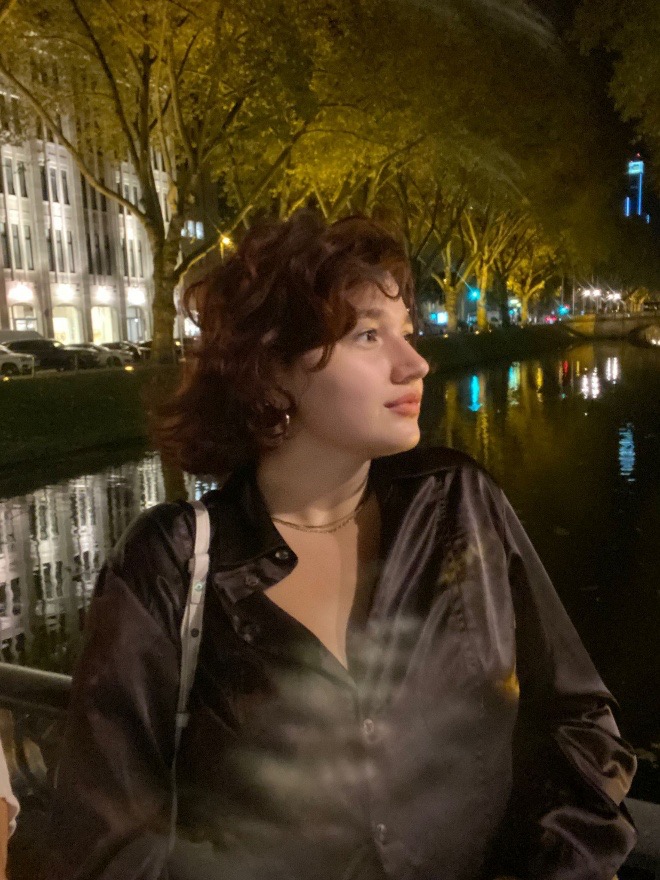
Berna is an urban planner focused on spatial justice, participatory design, and future-oriented urban development. Her work explores how cities can respond to social, spatial, and environmental challenges through inclusive, research-based approaches.
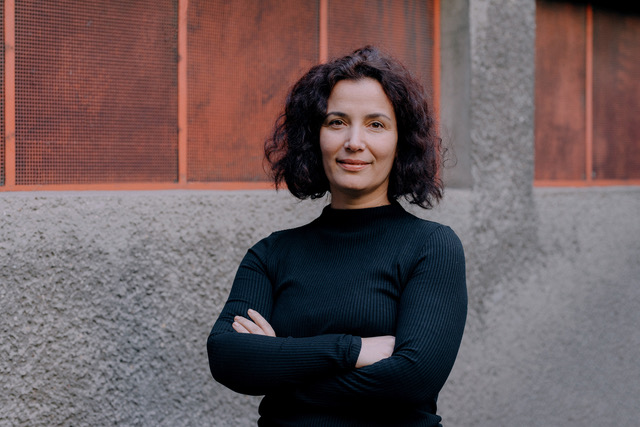
Bahanur Nasya is an architect, researcher, project manager, and film producer. She has studied in Vienna and Barcelona, specializing in sustainable architecture, just and fair community-centered-scenarios, and future-proof development concepts.
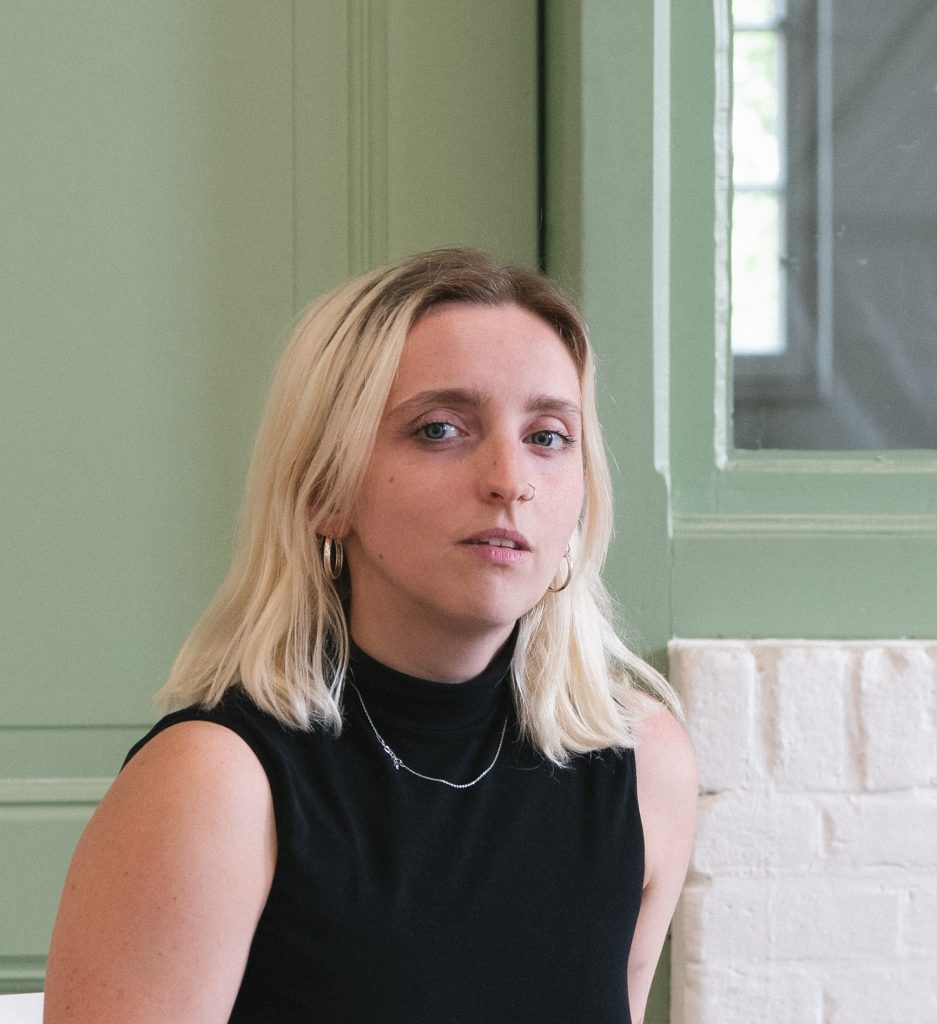
Mary Sarsam is a multidisciplinary artist, researcher, and project manager who explores ecological and historical narratives through spatial approaches, combining her academic background in sociology and fine art with practical experience in social work, cultural programming, and performance. She is actively involved in the Broudou School collective and global seed-saving initiatives, bridging creative research with grassroots environmental action.
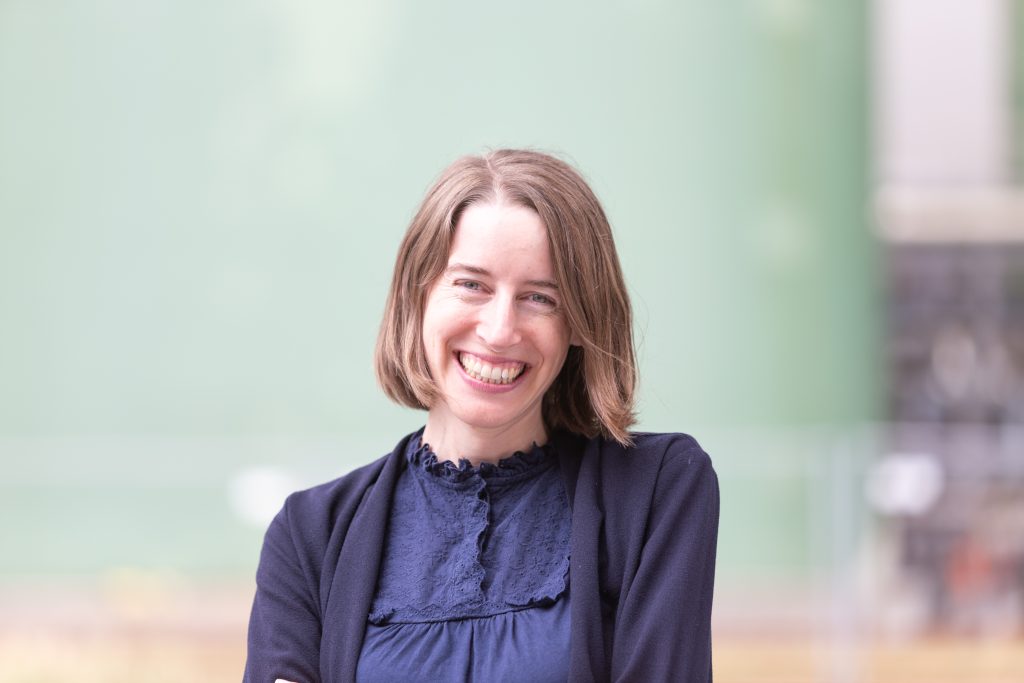
Architect and curator of Architektur.Film.Sommer, head of movies in wonderland itinerary festival and film productions. Marlene lectures at the Institute for Art and Architecture / Academy of Fine Arts, Vienna.
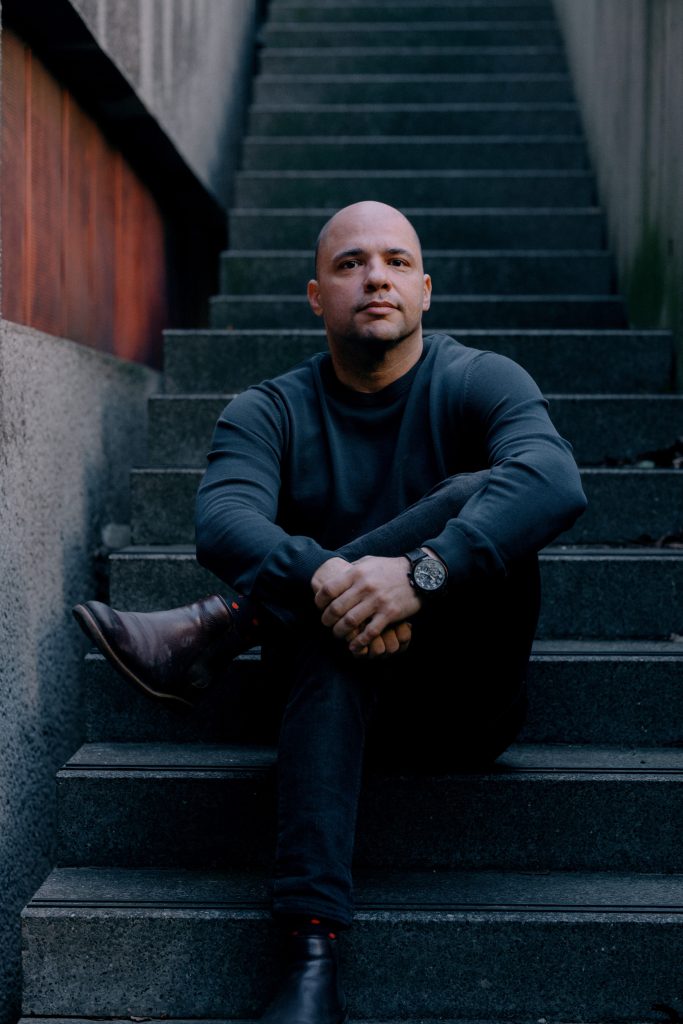
Film and video artist, researcher, writer. Subjects of interest include community activation, social inclusion, sustainability, hyper-capitalism, individuality and precaritization, totalitarian systems of thought (cults), and coercive thought reform. My methodology includes ethnographic research, reflection, categorization of common patterns and the creation of what I call “poetic moments of visual exploration through fiction.”
Find a compilation of project related news, events and more, below.